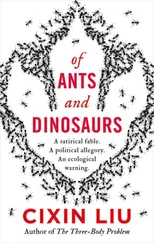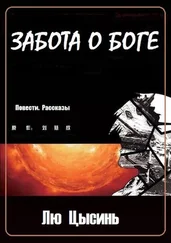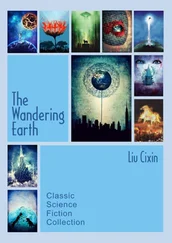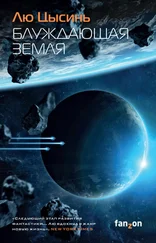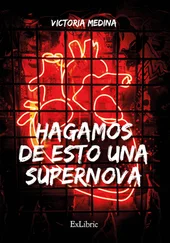Signs had actually started appearing more than a month ago when autumn made its return to the northern hemisphere after a two-year absence, first with a hint of a chill, and then rains, cold weather, and fallen leaves piling up on the ground. After analyzing worldwide climate data, various countries’ meteorological agencies concluded that the impact of the supernova on global climate was only temporary, and it now was returning to a pre-supernova state.
The ocean may have stopped rising, but it fell far more slowly than it had risen, leading many young scientists to predict that it might never return to its previous level. Still, the worldwide flood was over.
In Antarctica, temperatures hadn’t changed as much, and the small drop was taken by most children to be a function of the long night. They expected the rising sun to dispel the cold and for Antarctica to welcome its first spring. Little did they know that the white figure of Death loomed near on the vast continent.
In what later proved to be a wise decision, countries began withdrawing personnel from Antarctica once they reached the conclusion that the climate would recover. The war games had claimed the lives of five hundred thousand children, half in conventional games and half to nuclear explosions, but the death toll would have been four to five times worse if they had not effected an immediate withdrawal as the climate began to return to normal.
Their bases were largely built to withstand winter temperatures no colder than around −10°C, and were incapable of sustaining the bitter −30°C temperatures that were to come. In the first month, the temperature changed only gradually, allowing the withdrawal of 2.7 million children at a speed that would have astonished the adults. However, equipment still needed to be evacuated, and countries also desired to maintain a certain presence, so nearly three hundred thousand children remained behind as the climate changed. The temperature plummeted nearly 20°C in a single week, and blizzards swept the continent, turning it into a white hellscape.
An emergency evacuation of the remaining children left more than two hundred thousand on the shore, since the worsening weather had grounded virtually all aircraft, and the ports had all iced over in the space of a week, preventing ships from entering. Because most young heads of state were still gathered on the continent for the territorial negotiations, they naturally assumed the role of evacuation command. Leaders wanted to assemble their own country’s children, but the crowds on the shore were a mixture of all countries, leaving them at a loss as to how to proceed.
In the pressurized hall, Davey said, “Now that you’ve seen how things are out there, we have to come up with a solution, and quickly. Otherwise more than two hundred thousand people will freeze to death on the seashore.”
“In a pinch, we could retreat to the inland bases,” Green said.
“No,” Specs said, “most base facilities were dismantled earlier in the withdrawal. And with minimal fuel remaining, all these people wouldn’t survive very long. Going back and forth would waste tons of time and miss any chance to evacuate.”
“We can’t go back,” someone added. “Even if the bases were in perfect order, in this kind of weather we’d still freeze to death in those buildings.”
Huahua said, “All our hopes are on the ocean now. Time is too tight to transport so many people by air even if the routes were passable. The critical question is how to deal with the frozen harbors.”
Davey asked Ilyukhin, “When can your icebreakers get here?”
“They’re in the middle of the Atlantic. It’ll be ten days at the earliest before they make it here. Don’t count on them.”
“How about blasting a channel through the ice with heavy bombers?” Ōnishi suggested.
Davey and Ilyukhin shook their heads, and Scott said, “Bombers can’t even get off the ground in this weather.”
Lü Gang asked, “Aren’t the B-2 and Tu-22 all-weather bombers?”
“Pilots aren’t all-weather.”
Marshal Zavyalova nodded. “The adults didn’t actually think that all-weather meant wretched stuff like this. Besides, even if they did take off, visibility is so poor that it would be impossible to blast a precise channel. They’d just punch a few holes in the ice, and ships still couldn’t get in.”
“What about large-caliber naval guns? Or mines?” Pierre ventured.
The generals shook their heads. “Same problem with visibility. Even if they could make a navigable channel, there’s not enough time.”
“Besides,” Huahua said, “it’ll damage the ice surface and render the one viable solution impossible.”
“What solution?”
“Walking across the ice.”
* * *
The several kilometers of snow-blown coastline was densely dotted with abandoned cars and hastily erected tents, all covered in a thick layer of snow that made it a piece with the snowy plain behind and the frozen ocean on either side. When the children saw the group of young leaders walking toward them along the coast, they came out of tents and cars and ran over, surrounding them with a huge crowd of people. The children were shouting something, but their words were carried away by the wind. A few Chinese children were close to Huahua and Specs, and called to them, “Class Monitor, Studies Rep, what are we going to do?”
Huahua didn’t reply immediately, but climbed on top of a tank buried in the snow next to them and shouted down to the crowd below, “Children, walk across the ice. Walk to the edge of the ice shelf, where lots of ships are waiting for us!” He realized his voice wasn’t carrying very far in the gale, and crouched down to say to the nearest kid, “Pass that on back!”
His words spread through the crowd, passing to other nationalities through translation units, or through gestures that made his meaning clear enough to keep it from getting distorted.
“Have you gone crazy, CM? The wind is so stiff out on the ocean and the ice is so slippery, we’ll be blown away like sawdust!” yelled one of the children.
Specs said, “If everyone holds hands, we won’t blow away. Pass that back.”
And so, lines of children soon appeared out on the ice, almost a hundred in each, all holding hands and walking through the blizzard. As they crept away from the shoreline they looked like stubborn wriggling bugs. The line of national leaders advanced onto the ice first. Huahua had Davey to his left and Specs to his right, followed by Ilyukhin. Dense, windblown snow tumbled over their feet, making the children feel as if they were walking through the white deluge of surging rapids.
“So that’s how this period of history ends,” Davey said to Huahua through his translation unit, with the volume turned to maximum.
Huahua replied, “That’s right. Our adults had an old saying, ‘This too shall pass.’ No matter how hard things might get, time always just keeps going forward.”
“Makes sense. But things are going to be even harder. The passion that Antarctica sparked in children’s hearts has turned to disappointment, and American society may lapse back into violent games.”
“Chinese children might return to their indifferent stupor, and the interrupted Candytown might return.” He sighed. “It’s gonna be tough.”
“But I might not be involved in any of that.”
“Is Congress really going to impeach you?”
“Those sons of bitches!”
“But you might end up luckier than me. A head of state isn’t a job for anyone.”
“Yeah. Who would have thought that a thin page of history could fold up to be so thick?”
Huahua didn’t quite get Davey’s last reference, and he didn’t bother to explain. The bitter cold and strong ocean wind prevented them from speaking, and it was all they could do to keep moving forward, or occasionally help up companions who slipped on the ice.
Читать дальше
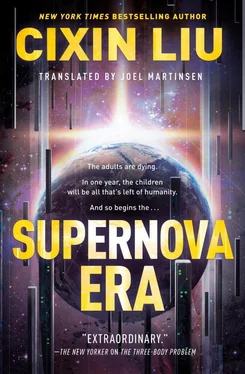
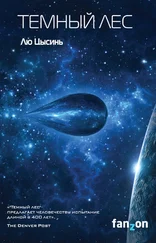
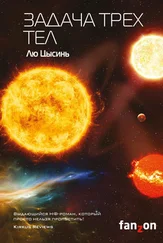
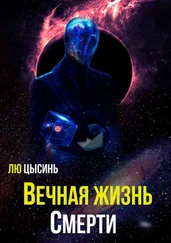
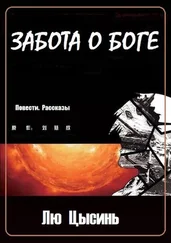
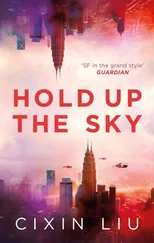
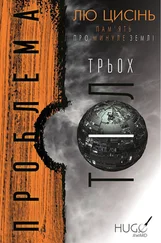
![Лю Цысинь - Эпоха сверхновой [litres]](/books/393110/lyu-cysin-epoha-sverhnovoj-litres-thumb.webp)
